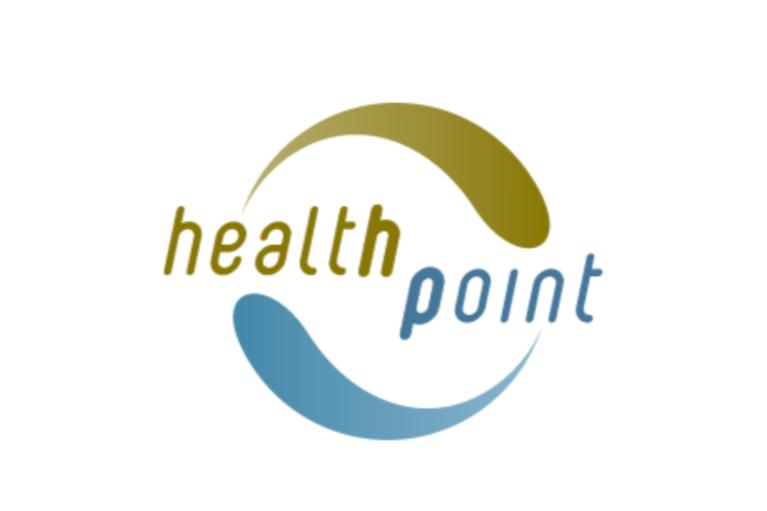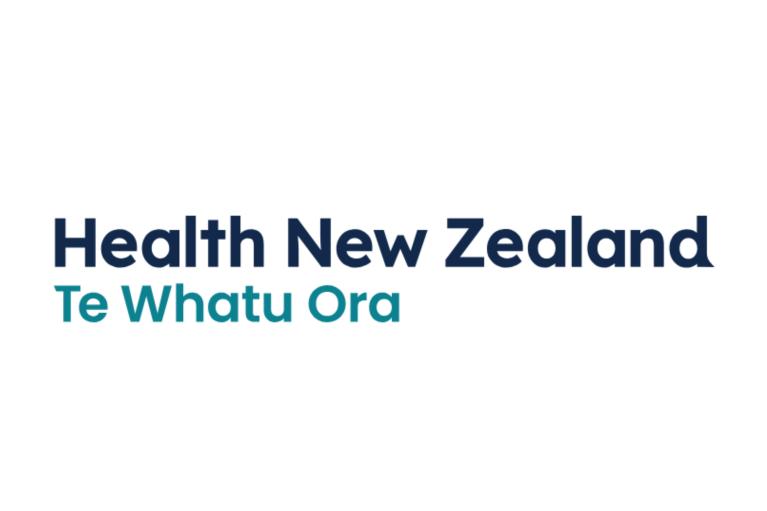Whooping cough vaccination animation
An animation about protecting your child from whooping cough.
Source: KidsHealth
transcribeTranscript
[Sound of whooping cough]
Whooping cough is seriously affecting pēpi in Aotearoa.
Whooping cough can make pēpi so sick that they need to go to hospital. Some pēpi die.
Very young pēpi with whooping cough can:
stop breathing
go blue
not be able to feed and get exhausted
Older pēpi and tamariki get a runny nose, then a cough which gets worse and can last weeks or even months.
They can:
have long coughing spasms
gasp for air between the spasms
get very red in the face
vomit after the coughing spasms
Once pēpi and tamariki get whooping cough, there's no medicine that will make it better.
But, you can prevent whooping cough.
The only way to protect pēpi from whooping cough is by immunising.
Whooping cough immunisation during pregnancy is free and protects pēpi in their first weeks of life.
Start immunising pēpi the day they turn 6 weeks old to keep protecting them.
Whooping cough immunisation is free for pēpi from GP practices and Māori and Pacific immunisation providers.
Hapū māmā can also have free whooping cough immunisation at lots of pharmacies.
Key points about whooping cough vaccination
- whooping cough can make pēpi very sick and some pēpi can die
- most severe illness happens in pēpi less than 6 months old, especially in pēpi too young for their first vaccination
- once pēpi have whooping cough, there is no cure but vaccination can prevent it
- having whooping cough immunisation during pregnancy protects pēpi in their first weeks of life
- start vaccination pēpi the day they turn 6 weeks old to keep protecting them
- vaccination rates are low for all tamariki (children) in Aotearoa but they are very low for Māori and Pasifika tamariki
- there is a real risk of whooping cough spreading widely and affecting Māori and Pasifika pēpi and tamariki the most
- whānau (family) close to pēpi can also have whooping cough vaccination to protect pēpi too young for their first vaccination
How babies catch whooping cough
Pēpi get whooping cough from adults and children around them - often from their parents and whānau. Most severe illness happens in pēpi less than 6 months old, especially in pēpi too young for their first vaccination.
A video of a parent talking about their experience of their baby catching whooping cough. Mackenzie was just 7 weeks old when she became ill with whooping cough, early in 2012. She was admitted to hospital where she spent 10 days in isolation. Mackenzie's Mum, Anna Gibson, says they are pretty sure Mackenzie's Dad gave her whooping cough but it was too late by the time they realised he had it. Mackenzie has fully recovered now but Anna wants to tell her story so that other parents don't have to go through the same experience.
Source: KidsHealth
transcribeTranscript
Anna Gibson, Mackenzie's mother
I'm Anna and this is Mackenzie and she's 7 and a half months old and she got whooping cough when she was
7 weeks old. She just got a little cough to start with and then it just progressively got worse and worse.
[audio of Mackenzie coughing]
She would start coughing and just cough and cough and didn't know to breathe back in so she'd cough and cough and cough and turn blue in the face and then eventually take a big < audio of large inhale> breath in and then cough, cough, cough again. And that was the hard bit when I didn't know what it was and being at home and she's tuning blue and sort of thinking what happens if this goes a little bit further?
Eventually they admitted us to hospital so they put us in isolation and we were in there for 10 days. The first few days in there were pretty awful and then she sort of progressively got better and better and better until we didn't need the oxygen anymore. We're pretty sure that she got it from her dad but it was too late before we realised that he had whooping cough because as an adult, you sort of you have the cough but you don't think much of it often and so before he sort of realised that she already had it so it was sort of too little too late. Yeah he felt pretty bad that he had passed it on.
[audio of Mackenzie coughing and crying]
Before she was born we learned about the vaccinations in antenatal with a booster vaccination for adults and I said to him 'you should go and get one of those' but then we forgot about it and didn't do anything about it and sure enough he got it. So yeah I would have pushed it further and made him and probably got it myself, the booster vaccination beforehand because if he hadn't of got it then she potentially wouldn't have got it either.
How to protect your baby from whooping cough
Vaccinate during pregnancy
Whooping cough vaccination also protects hapū māmā (pregnant mothers) from catching whooping cough. It may reduce the chances of passing whooping cough to newborn pēpi.
Whooping cough vaccination is safe during pregnancy. The vaccination itself doesn't pass on to your baby, but your immunity to whooping cough does.
Hapū māmā can get whooping cough vaccination from GP practices or some pharmacies. Many pharmacies are open in the evening or weekends. Talk to your midwife.
As well as having the whooping cough vaccine, talk to your midwife about having the flu vaccine and COVID-19 vaccine during pregnancy.

Start vaccinating your baby the day they turn 6 weeks old
Vaccination (at 6 weeks, 3 and 5 months) is the best way to keep protecting pēpi against whooping cough.
Immunised pēpi are much less likely to catch whooping cough. If they do catch whooping cough, they are less likely to need to go to hospital, or to die.
You usually need to take pēpi to a GP practice for their vaccination. It's important for pēpi to have their vaccination the day they turn 6 weeks old. It's best to book a vaccination appointment a couple of weeks before that.
Some pēpi can have their vaccination from other services like Māori providers or outreach services.

See the Healthpoint website to find vaccination providers in your area.
Vaccinate family close to your baby
Whānau close to pēpi can also have whooping cough vaccination to protect pēpi too young for their first vaccination.
Parents, siblings, grandparents and whānau can easily pass whooping cough on to pēpi.
Encourage all whānau who will be in contact with pēpi to have whooping cough vaccination before your baby is born.
Immunity against whooping cough decreases over time. This is true whether you've had whooping cough or had whooping cough vaccination. Tamariki need booster doses at:
- 4 years
- 11 years
Does breastfeeding protect babies from whooping cough?
Unless women have had whooping cough vaccination during pregnancy, pēpi are born with no protection from whooping cough. While breastfeeding protects pēpi against many infections, it does not provide pēpi with protection against whooping cough.
Don't delay vaccinating your baby against whooping cough
Delay in any of the first 3 whooping cough vaccinations for pēpi greatly increases the risk of them going to hospital with whooping cough.

See more information about whooping cough immunisation at the Health New Zealand website.
